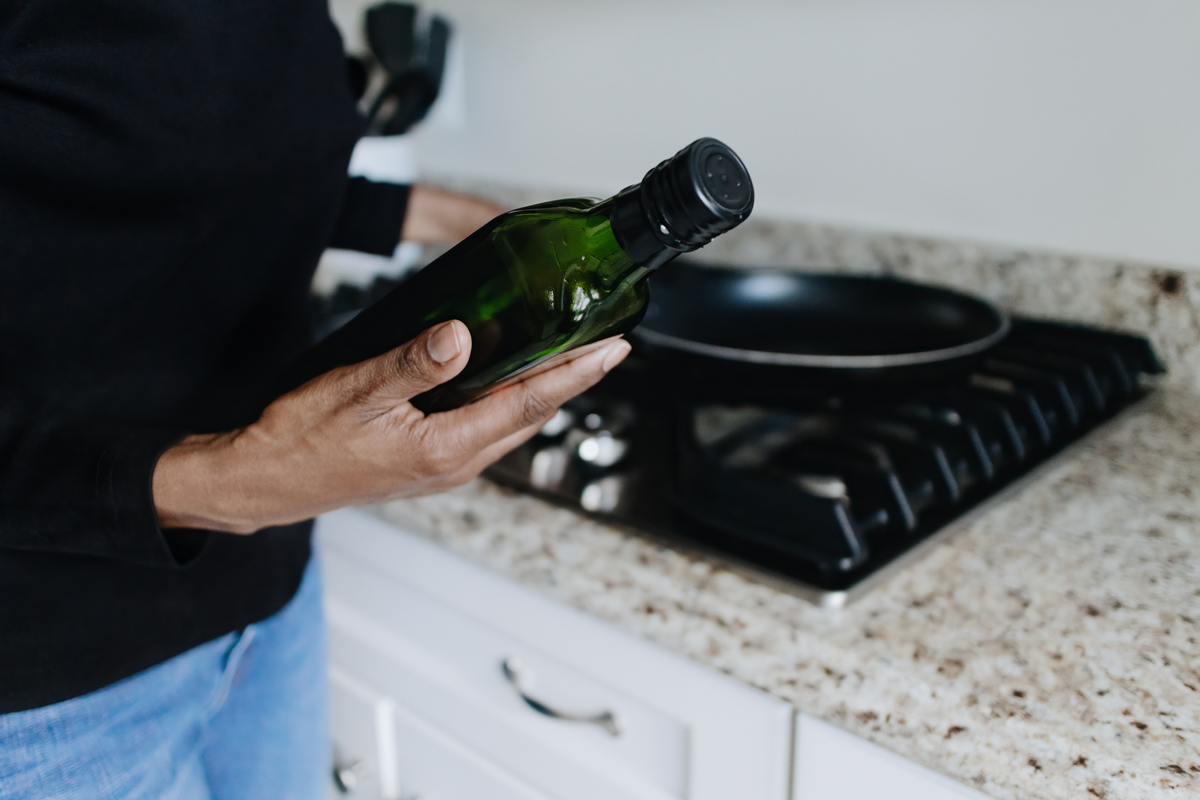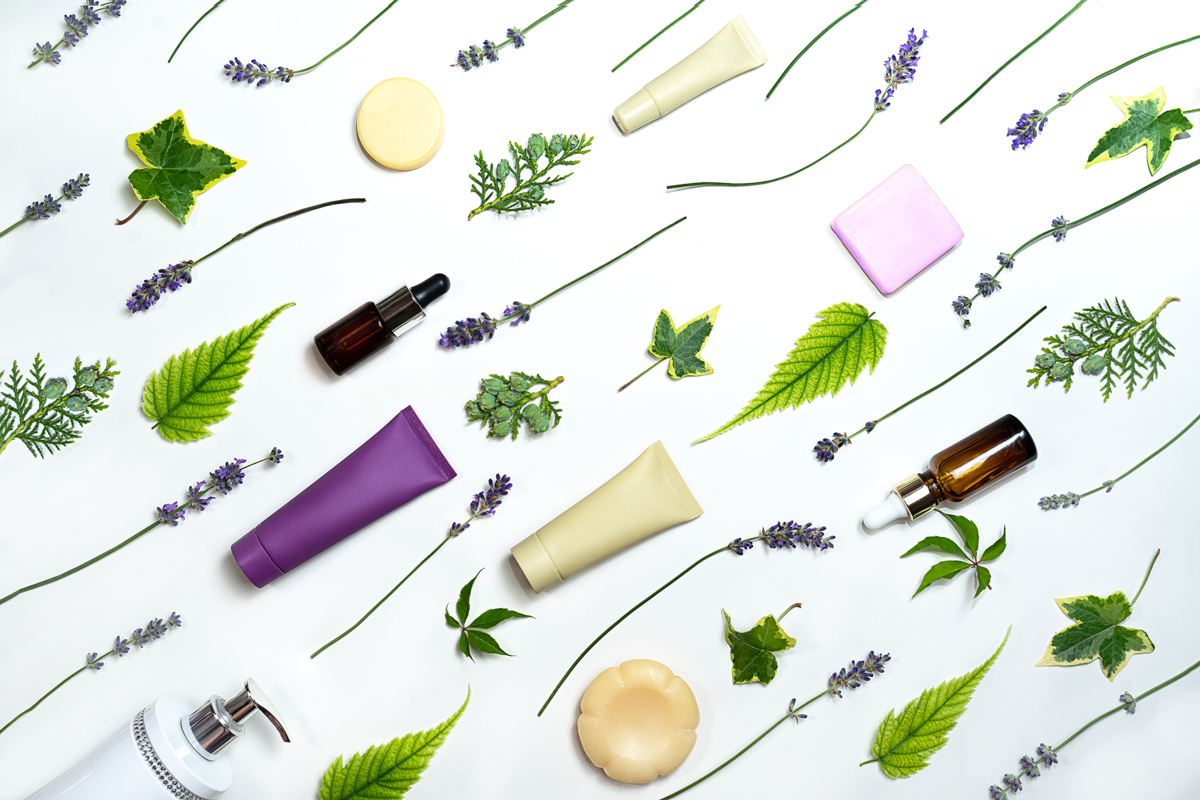When I do Q&As on Instagram on Wednesdays, there are some questions that come up more or less every week. Botox in pregnancy and breastfeeding is the prime example, but a close second is seed oils. Should I avoid seed oils? Do seed oils give you cancer? And, most generally: What even are seed oils, and should I avoid them?
This last question is an important one. Unlike some other possibly problematic foods — say, coffee or red meat — it’s not clear to many people what these oils are, where one would find them, and what the alternatives would be. So let’s start there before we even get into the question of the relationship between these oils and health outcomes.
Seed oils are any cooking oils that come from seeds. Think: canola oil, safflower oil, corn oil, soybean oil, and a few others. These oils are used in cooking and they tend to be relatively inexpensive. It is useful categorically to distinguish them from two other groups of fats you could use in cooking. First, there are other plant-based oils that are not seed-derived: olive oil, avocado oil, and a few nut oils. Second, there are animal-product-based alternatives (butter, lard).
All of these options contain fat, which is what makes them work cooking-wise. Where they differ is in the type of fat. Animal products are (on average) high in saturated fat. Both seed oils and non-seed-plant oils are higher in unsaturated fat. They have a varying balance of monounsaturated and polyunsaturated fats. Within the polyunsaturated fats, seed oils have more omega-6 fats, and the others have more omega-3 fats. It is this omega-6 versus omega-3 issue that comes up the most in the oil debate.
For easy reference, I’ve included a table below.
If we look at, say, the 1950s, people in the U.S. consumed a lot of their fat as animal fat. Over time, the tide has turned against saturated fat, and toward unsaturated fats as “better” fats. This has caused substitution away from products like butter and lard and into oils of both types. Since seed oils are cheaper and have some helpful properties for cooking (like a high smoke point), a large share of the substitution went there. This is especially true of substitution when we look at ultra-processed foods — say, chips — which typically do not rely on expensive oils like avocado for their production.
The result of all of this is that relative to that earlier period, most people consume (a) a much higher ratio of unsaturated to saturated fat and (b) a much higher ratio of omega-6 to omega-3.
A primary goal of this move away from saturated fats toward unsaturated fats was to improve heart health. Consumption of a lot of animal fats has been associated with higher rates of heart disease. Hence, the assumption was that this move would improve heart disease. But once many people started to make it, concerns were raised about the increase in omega-6 relative to omega-3. The most common concern is about inflammation — the idea that a high rate of omega-6 in the diet will cause more inflammation and heart disease.
What does the data on seed oils say?
The data does not say anything very direct. (There are correlational data, of course, that show an association between what foods you consume and your health; these data are subject to causality concerns and we shall throw them out like the hot garbage that they are.)
In the indirect space:
- The idea of omega-6 fatty acids contributing to inflammation comes from biological theory and from small-scale studies that (for example) look at blood markers before and after meals. It is unclear, though, how important any of what they see is for realized health.
- There is one very large randomized trial of a particular diet — the Mediterranean diet — that showed large positive impacts on heart disease risk in a high-risk population. The diet used here was one that was rich in omega-3s (it contained a lot of fish, olive oil, and walnuts). That provides some support for the idea of omega-3s supporting heart health, but is not the same as saying that omega-6 hurts it.
When we look for direct evidence, we can turn to a series of Cochrane reviews. Cochrane reviews are formal meta-analyses that combine multiple randomized controlled trials — many of them individually small — to try to draw an overall conclusion.
The data is not compelling here in separating out omega-6 and omega-3 fatty acids. Further complicating the picture, it’s actually not very clear even in suggesting that these unsaturated fats are healthier.
A large Cochrane review, covering 49 trials of 25,000 people, looks at the impacts of trials that included any type of omega-3 or omega-6 supplementation or substitution. This review finds little evidence of a reduction in total mortality, although it finds some evidence of small reductions in cardiovascular events. There is evidence of reductions in triglyceride but not cholesterol, and no impact on weight. If you squint, the small cardiovascular benefits are there, but the situation is underwhelming.
Turning to omega-6s directly, this Cochrane review concludes there is some weak evidence that increasing consumption of omega-6 improves cholesterol and possibly lowers heart attack risk. These results are very similar to what a review of only omega-3 studies finds. It isn’t, for example, the case that the omega-3s look like a wonder drug and the omega-6s do not. They both look like they provide some small benefits relative to a diet rich in animal fats.
Final thoughts
Here’s my glass-half-full perspective, if you’re coming for the seed oil advice. There is nothing I can see in any data here that would suggest seed oils are some kind of toxic waste dump or dangerous to your health. They’re just another kind of oil. You should use them when they make sense, like when you need a neutral-tasting oil or a high smoke point or you need a huge bottle because you’re making fries. You could also use avocado oil if you want to feel fancy. Olive oil has a nice flavor. Personally, I have a cabinet with like four kinds of sesame oil. I can only assume they are all the same, so I use them with abandon. Enjoy yourself!
Here’s the glass-half-empty: We’re at another nutrition science impasse. The idea that olive oil is better for you than lard is something that is widely accepted. This data makes even that seem, if not wrong, probably smaller than people expected. As always, we are left to ask, Do we know nothing?
I spend a lot of time with nutrition data. I work on issues around how we learn from these data (see, e.g., here) in my academic work, and I write about it repeatedly. I think about personal nutrition, as I try to optimize food so I can run fast (carbs; so many carbs). I think it’s not fair to say we know nothing, even as I dismiss most of the literature because of obvious correlation-not-causation issues. But where dietary advice almost always falls apart is when it gets too specific.
It is very rare that the data can compellingly support one specific food as “good” or “bad.” There are healthy diets that include lard, and unhealthy ones that include avocado oil. General guidelines, like “Eat a variety of foods” and “Eat some protein and vegetables,” are sensible, and a large share of diets that produce health seem to have these features. But those guidelines are both somewhat harder to follow and also boring.
“Seed oils might be toxically inflammatory!” is … an inflammatory headline, just as “Eating chia seeds is the key to longevity” is one you want to believe. But most of the time, you cannot. Unless a study of a particular magic food comes from a large randomized controlled trial, you should typically ignore it. Seed oils included.


















Log in